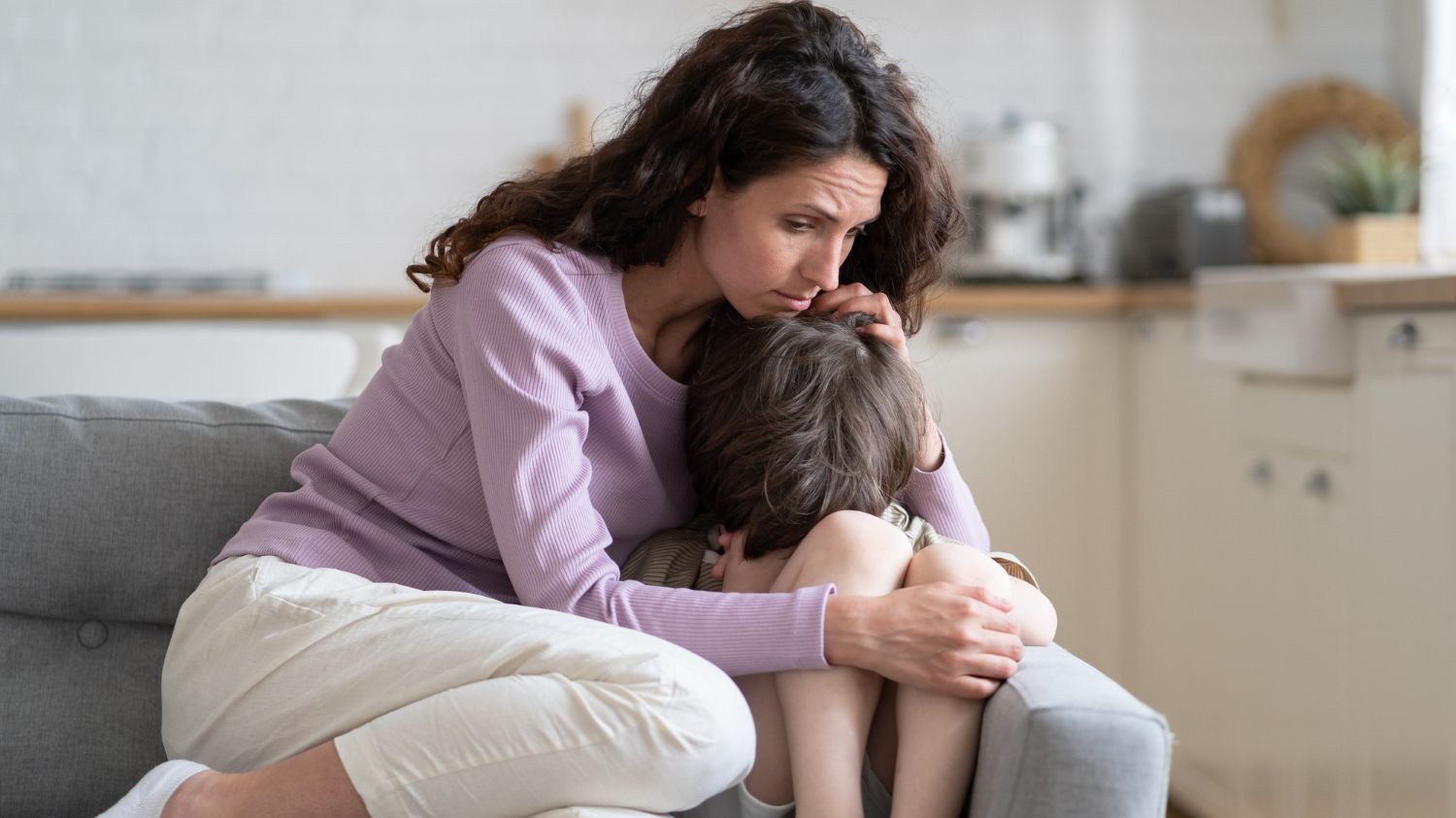Redefining Raising Mentally Healthy Kids
May 03, 2023
What does raising a mentally healthy child mean to you? For many parents, it means raising kids that generally feel good and positive. Unfortunately, this definition can have parents trying to protect their children from “negative” feelings and challenging situations, and detract from their developing mental strength and resilience.
As a coach for parents of kids struggling with BIG Feelings, many clients come to me wondering what to do to help stop their kids from having outbursts and BIG Feelings. I share right up front that the secret to parenting through BIG feelings is not stopping our kids from having them, but to teach them the skills to navigate through them.
I believe that the same concept applies to mental health, and I encourage parents to redefine what it means to raise mentally healthy children. Raising mentally healthy kids is not a state we help them achieve, but a set of skills that we help them develop.
Because let’s face it, our kids are going to experience anger, anxiety, disappointment, frustration, grief, rejection, sadness — and a whole host of other “negative” feelings throughout their lives. We can’t protect our kids from experiencing these feelings, and trying to won’t serve them in the long run.
If we raise our kids to think that they shouldn’t experience BIG and “negative” feelings, or that if they’re having them something must be wrong, they will struggle with every single challenge that comes up throughout their lives.
Knowing that kids have to experience “negative” feelings to learn how to navigate them doesn’t make it any easier when watching them struggle through it. When we see someone that we love struggling, it’s difficult and completely normal to want to end the struggle for them.
As parents, everything in our being will scream at us to do something because we are wired to protect our children. Having them experience “negative” feelings feels unsafe to our nervous system. This can drive us to take responsibility for how our kids feel.
I saw this come up most recently with a Mom whose young boys were upset when she had to work long hours over a weekend. They missed her, and she was feeling guilty and sad thinking that she had upset the boys.
Having worked with this Mom I knew that she spent plenty of quality time with her children.
So I started asking questions to help her see things from a different perspective.
What if it wasn’t a problem that the boys get upset about missing you?
What if the fact that they missed you was a good thing and a sign that they care about you?
Feeling guilty and sad had this Mom stuck and spinning in her own feelings. From this place, she could not parent effectively and help her boys develop the skills to deal with their BIG feelings.
I asked if she could gain some peace about them missing her, so she could be more present to help support them through it. That simple shift changed everything for her. She was able to stop spinning so she could be more present at work and at home, and more effective at supporting her boys through their BIG feelings.
When we think BIG negative feelings are a problem, we teach our kids that they’re a problem.
When we try to “fix” our kid’s negative feelings, we can send the message that we don’t believe they’re strong enough to handle them.
When we can accept that negative feelings are part of what our children will experience as a human being living life, we are so much more effective at supporting them through it so we can help them develop the life skills to navigate them.
When we teach our kids how to navigate negative and BIG feelings, we help them build an identity of someone that can handle the challenges that come up in their lives and we help them build a true sense of self-esteem. This is how we raise mentally strong and healthy kids.
The ability to support kids emotionally and help them build the skills to navigate through challenges does not come naturally to most parents. It’s a different parenting skillset that most of us did not learn growing up, and one that I help parents build. Click here to find out how I can support you.
Join the Confident Parenting Community.
Receive the latest tips and tools from the Confident Parenting Toolbox to support your kids
(and yourself!) with today's challenges so your whole family can thrive.
We hate SPAM. We will never sell your information, for any reason.

